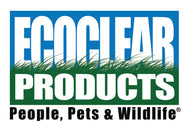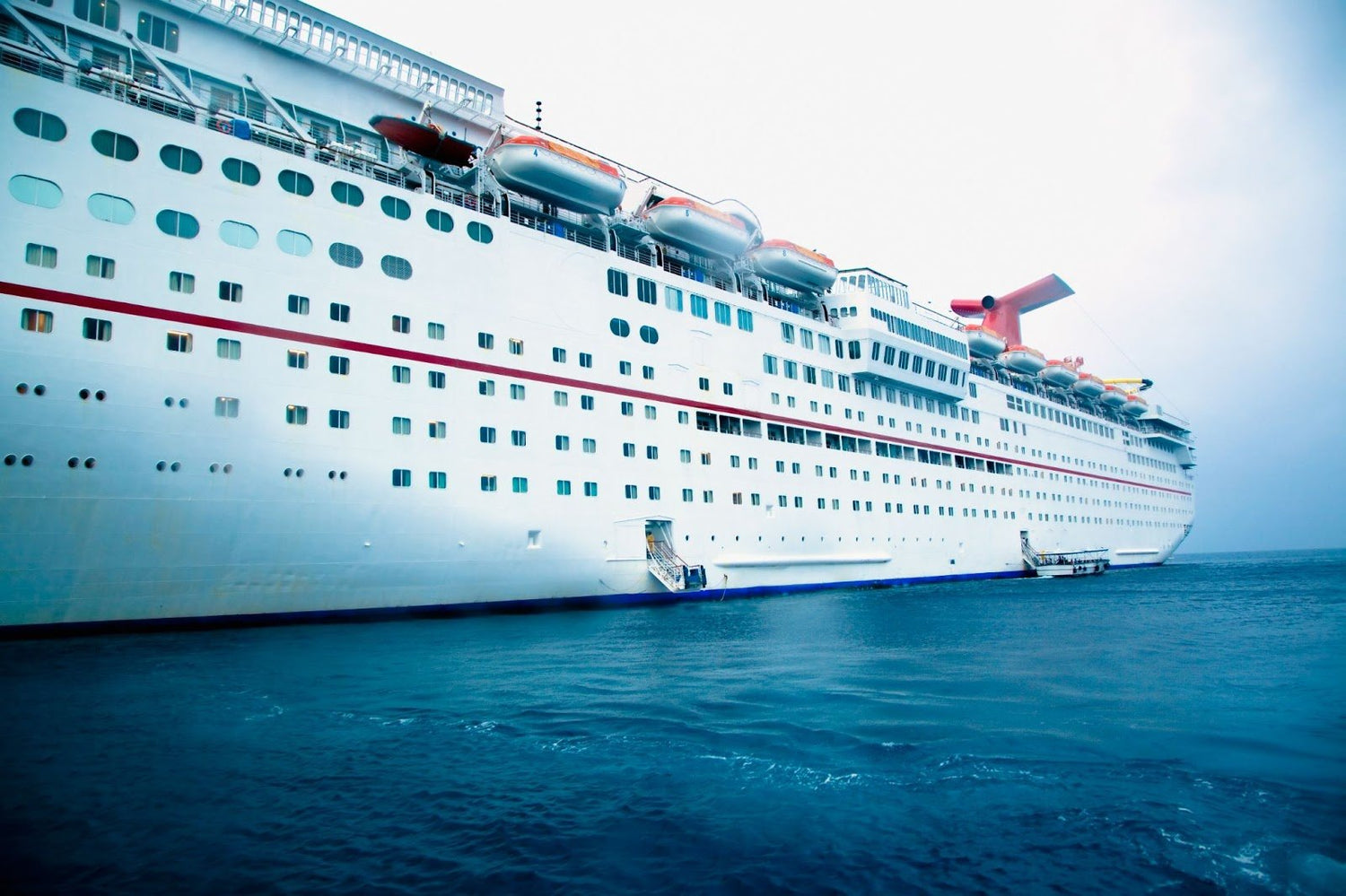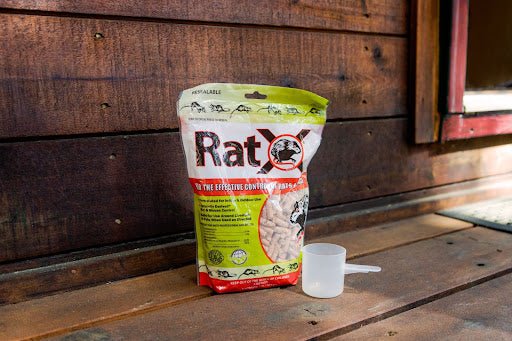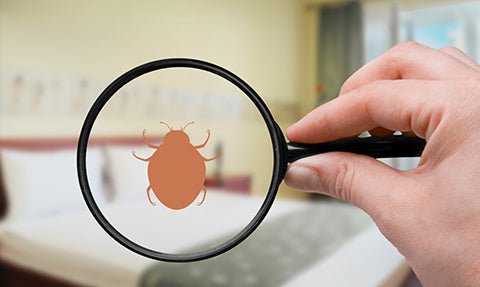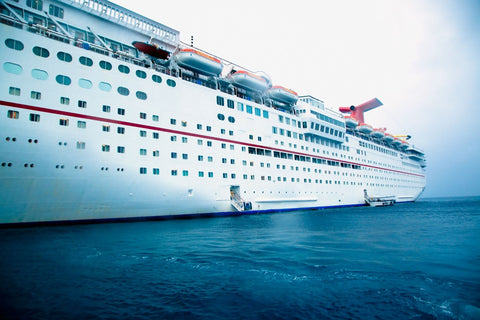
As the world starts to open back up and the cruise ship industry recovers from the global pandemic of 2020, it begs the questions of overall sanitation & safety on these ships - but have you ever thought about having to worry about rats? With many online threads share experiences of cruise ship-goers seeing rats or droppings on board (showing this is a serious concern), we explain the relationship between seaports and rats, the preventive measures historically taken and solutions to safely & effectively control these rodents if they happen to come aboard.
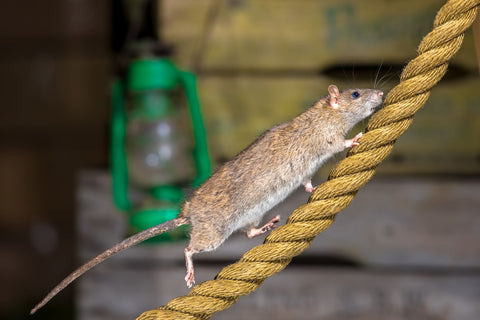
History
Seaports have a longstanding history of dealing with rats. They are attracted to ships due to the smell of fish, additional food resources and comfort of the heating & A/C. Because cruise ships have all of these boxes checked, they are highly desirable for rodents - if they can get on board.
Another hazard that comes with rats is their motivation - they have the potential to chew through ropes, hoses, ship lines if they are hungry enough and this can cause serious dangers with the operation of a vessel. Rats can carry over 35 diseases worldwide, and rodents that stake their claim on a ship are no exception to these dangers.
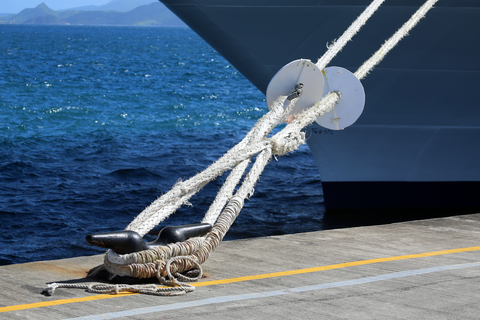
Rat Prevention
If you’ve driven by ports or been aboard a cruise ship, you may be familiar with the disk-like mechanism that is attached to the ropes connecting the ship to the dock - these are actually rat guards that prevent rodents from climbing the ropes from the dock/port. They should be placed on the ropes immediately to prevent rodents from accessing the inside of the ship. The problem is that they aren’t always effective. See here for a recent (2019) violation where a Carnival Freedom cruise ship had ineffective rat guards (photo 13 of 30). Rodent traps and poisons have also been used to prevent rat activity on board.
The CDC has a Ship Sanitation Certificate in the U.S., effective in 2007, for cargo vessel crew, vessel companies, port authorities, private companies and maritime government agencies. The CDC does not require certificates for ships arriving at U.S. ports but does reserve the right to inspect a vessel if there is a public health concern. This SSC replaced a previous “Deratting Certificate.” The CDC also has a Vessel Sanitation Program that focuses on the control/prevention of gastrointestinal illnesses on cruise ships as well as conducting random operational sanitation inspections. It is unclear if rodent activity is part of these inspections. If you have questions specifically about ship sanitation inspections on cruise ships, you can contact the CDC VSP at vsp@cdc.gov.
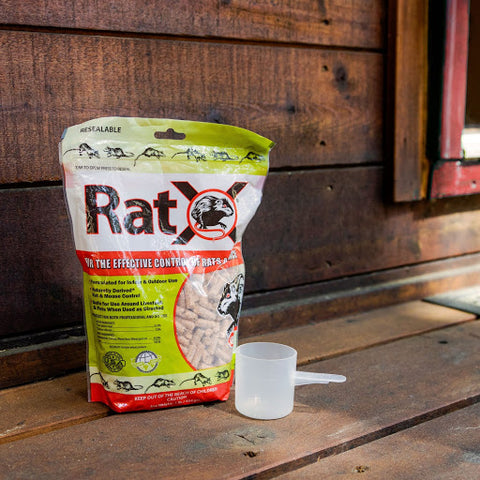
How EcoClear Products Can Help
While there has been a rising concern and increased prevention of rodent activity on cruise ships/large vessels, chances are there will always be a potential for this problem. As toxic rodenticides have high dangers of secondary poisoning (and secondary kill), EcoClear Products has a solution.
Formulated using naturally derived ingredients, RatX™ attracts rats and mice with its scent and taste. Once ingested, the active ingredients in the pellets coat the rat’s stomach lining, blocking all messages from the stomach to the brain. This causes rats and mice to stop wanting water, leading to eventual dehydration and death. Oh yeah, and the best part? These ingredients ONLY affect a rat’s digestive tract, so there is NO risk of harming people, pets, wildlife or birds of prey - Just. Rats.
RatX is poison-free and is effective for both indoor and outdoor use, working from the inside out to exterminate rats and mice, then drying them out after death to reduce odor by as much as 90% (one of the largest concerns with rodent extermination). For safe, efficient, effective, and environmentally friendly rodent control, choose RatX. If you’re interested in learning more about our non-toxic products, contact our team here at EcoClear Products by emailing info@ecoclearproducts.com - or - use our Store Locator to find retailers near you.
